CHIAfE+VRES, Belgium - They are literally the foundation of the Benelux. They are among those responsible for the construction of its buildings, the management of budgets and the health and wellbeing of its people.
Host Nation employees from Belgium and the Netherlands have given decades to the U.S. organization, but for many, retirement is on the horizon.
The U.S. Army began operating in Belgium in 1967 when NATO relocated from France. At the time the NATO/SHAPE Support Group was established, many locals took advantage of the influx of jobs.
Annie Taylor was 19 years old. She had quit school and was looking for a job in Brussels. Her father had found a job at ChiAfA..vres Air Base working on telephones, and she decided to see if she could find employment there, as well. In May 1968, she was hired on in the Engineer Division.
Taylor admitted that her English was not very good and that she struggled with the technical words that were often discussed by engineers.
"It was not easy for me to work at the beginning," she said. "It was a good lesson for me, and I learned a lot of English. It's like an American coming to Belgium and working in a place that speaks French. I was nervous."
Two years later, J.P. Hindricq came on board. After serving in the Belgian Army, Hindricq was working for a university when a former coworker told him about an engineer job at the Air Base.
Throughout the 1970s, he was the Chief of the Mechanical Branch where he was responsible for the maintenance and repair of what he said was an installation in very poor condition.
While he was setting the groundwork for many improvements to come, Lea Femer began working at the maintenance shop in the Netherlands, at what is now USAG Schinnen and Karel Pauwels began his career working for the U.S. Army with the 10th Combat Equipment Company located near Antwerp.
Although all had separate dreams and goals, the four continued to find happiness through their different U.S. jobs for more than three decades.
Taylor moved around from the Engineer Division to Internal Review and then eventually to the Directorate of Resource Management where she finished her career as a management analyst after 41 years.
"I was very proud to work for the U.S. Army for so many years," she said just days after her retirement. "We are like a family."
Taylor was presented with a cased American flag by Col. James Drago, the garrison commander. She was the first Host Nation employee to receive the flag upon retirement, as part of a new tradition within the Benelux.
"I was so impressed," she said. "For me, it is an honor to receive the American flag. I will remember that all my life because it's coming from a big nation. It's coming from the Army. That's the Army that defended our country and defended other people. It's very important. For me, it's one of the greatest countries in the world."
Hindricq has also recently retired and was presented his cased flag. For 39 years, he oversaw the development of what the Benelux is today.
After his time as the Chief of the Mechanical Branch, he was the Chief of Utilities, the Chief of Operations and Maintenance and finally the Technical Director of Public Works. In addition to restoring and renovating the buildings and roads on the Caserne Daumerie, Hindricq was involved in dozens of construction projects, including all of the Benelux's housing areas and the construction that is ongoing today.
Some of his most challenging times were in the 1990s. "There were major problems with the roofs. We had to evacuate at least five buildings," he said. "We moved DOL to a tent, the commissary to a tent, the PX to temporary facilities and the aircraft to temporary facilities. It was a nightmare because everything happened in such a short time."
The following decade, he said he had even more projects, as is evident by the numerous new facilities at each garrison.
He rattled off a list, "Money came for new barracks. Money came for new commissary. Money came for the hotel, new library, new fitness center, new access point gates, sports field, new post office, restoration of the runway, high voltage cable."
And those were just projects at ChiAfA..vres. He also coordinated and supervised renovations at the Brussels American School. He turned the one NATO Support Activity building on USAG Brussels into four. He consolidated the USAG Schinnen facilities on the Emma Mine complex and built up new commercial facilities.
"I believe that I work for this organization 24 hours a day 7 days a week. They can call me anytime. I feel when I am behind the desk or being at home, it's the same thing," he said, but added that he couldn't do any of it on his own. "It's important to have good people working for you. By myself I couldn't do it.
"All the DPW employees really perform in an absolutely outstanding way. Some people don't understand the time and energy they give everyday to support the Families and Soldiers," he said.
Anne Tonneau, Hindricq's secretary of 15 years and a Host Nation Employee for 40, said that those good employees are quickly retiring. She said last year alone 10 people from DPW retired, and according to figures from CPAC, about 18 percent of DPW employees have served for 30 years or more.
"When I started here, I never thought I would stay so long because I didn't know they [the NATO/SHAPE Support Group] would stay so long. For me, it's good," she said.
Pauwels, with 31 years, and Femer, with 34, don't plan to retire just yet. After leaving his job in Antwerp and moving into the private sector, Pauwels came back to the U.S. Army. He is DPW's Team Leader in Brussels.
"I came back because my heart was in it and because working for the Army was organized in a way I didn't see outside. Here, we have a say in what we do," he said. "The Army has been good to me and my family."
Femer, who now works at the fitness center at USAG Schinnen, loves her job, teaching four workout classes a week. "Here I know almost the whole compound. If they workout, I know them."
She's most proud of one of her current students who hates working out but comes three times a week. "For years, she's said she still hates it, but she said because of me she's still coming."
From strengthening the physical foundations of garrison personnel to the bedrock of each installation, the host nation workforce has had a positive impact on the U.S. Army.
"I think all the local national people who work for the U.S. Army are very hard workers," said Taylor.
Hindricq agreed. "It has been a pleasure for me to serve as a Technical DPW, especially with the outstanding men and women who serve this very demanding community. Some highly qualified people are behind me."
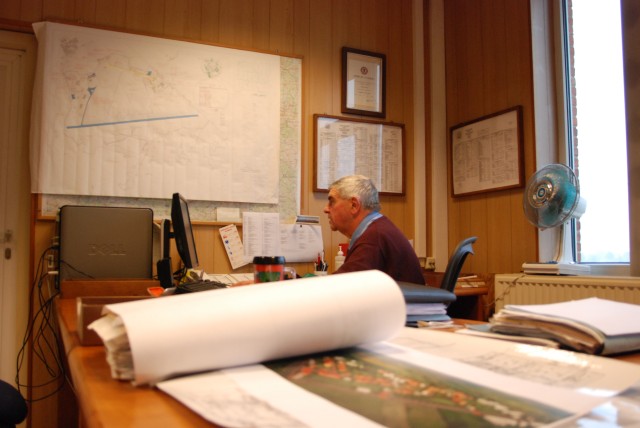
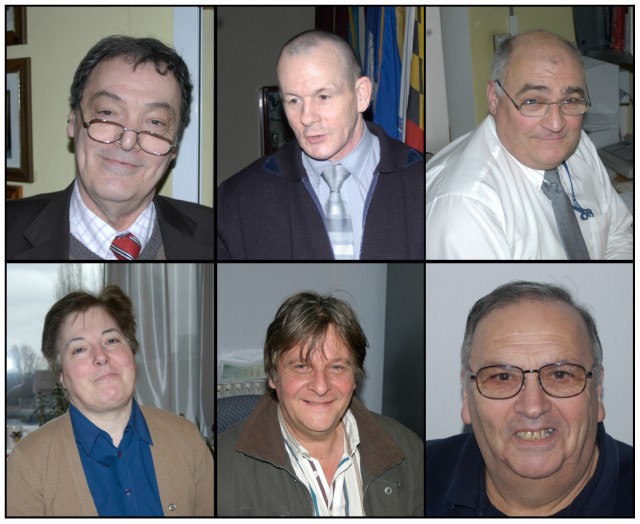
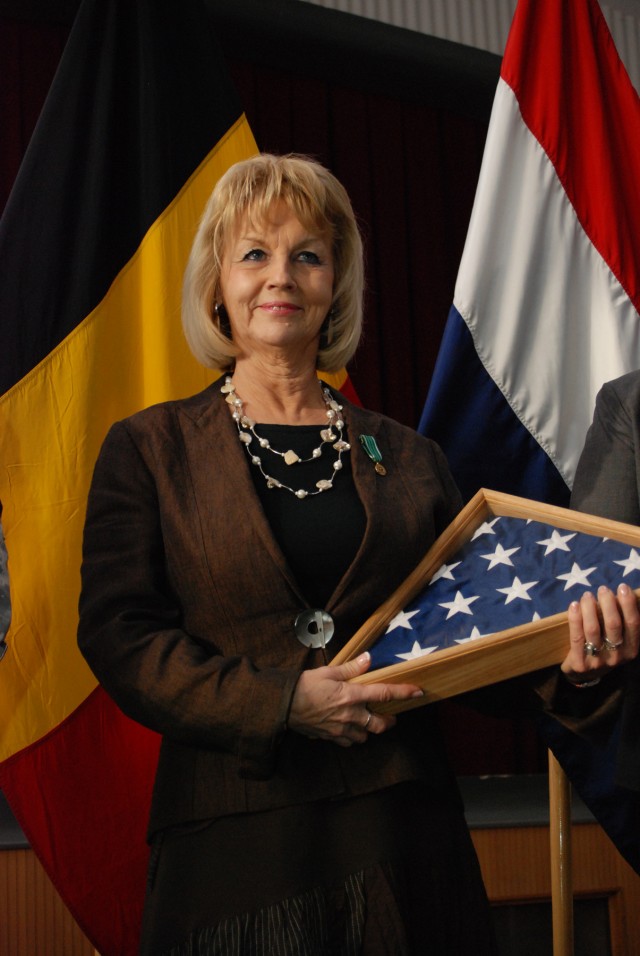
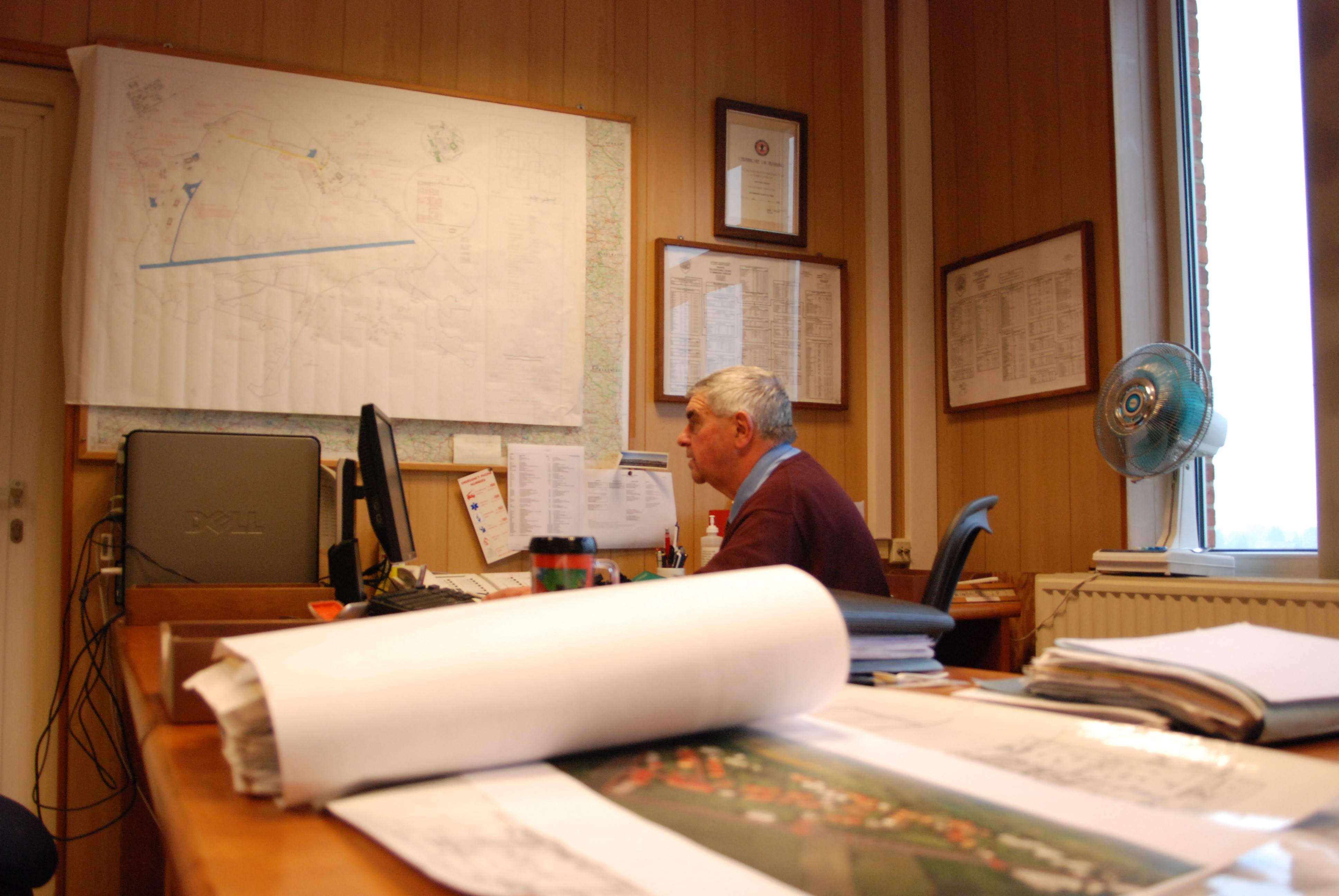
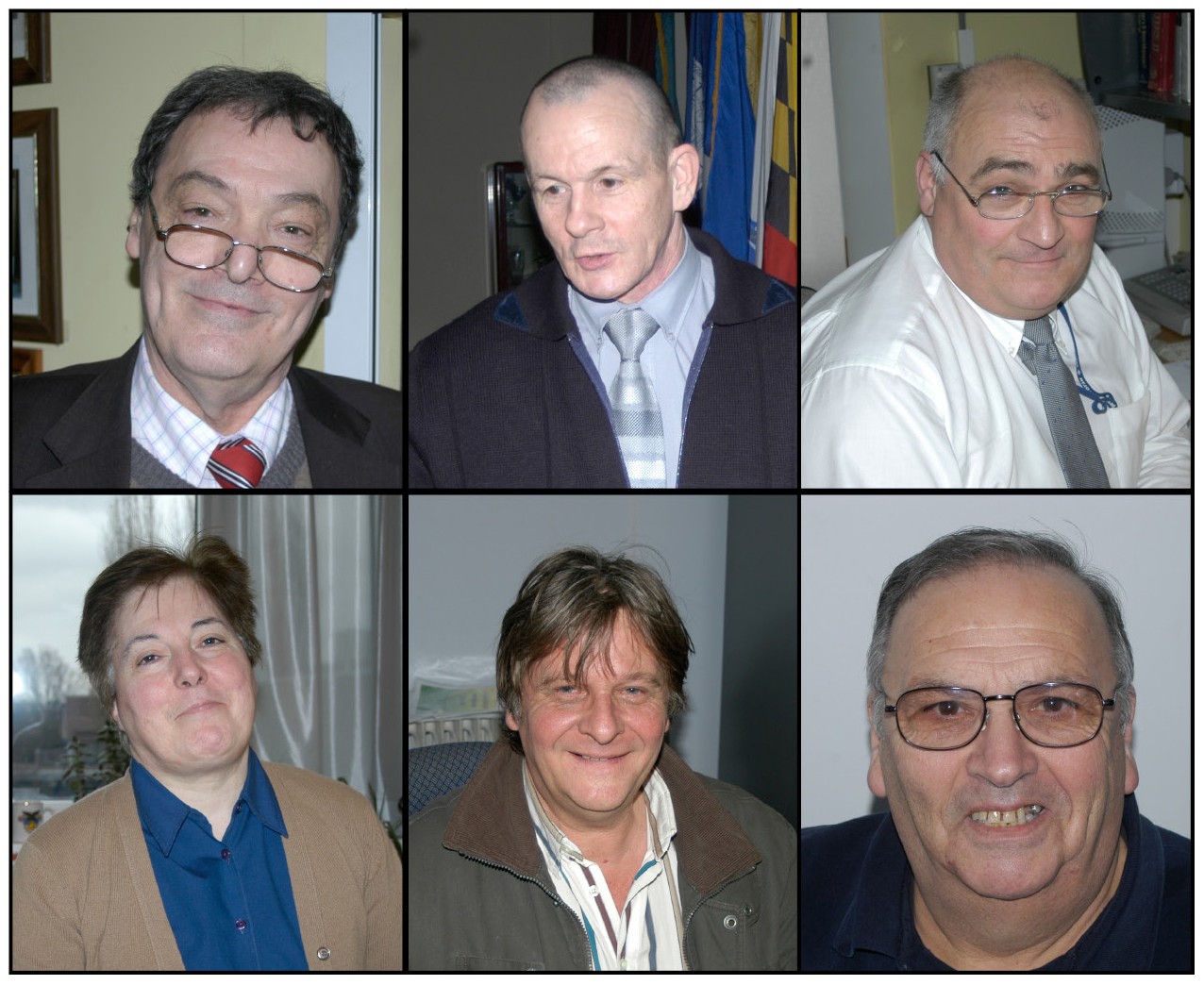
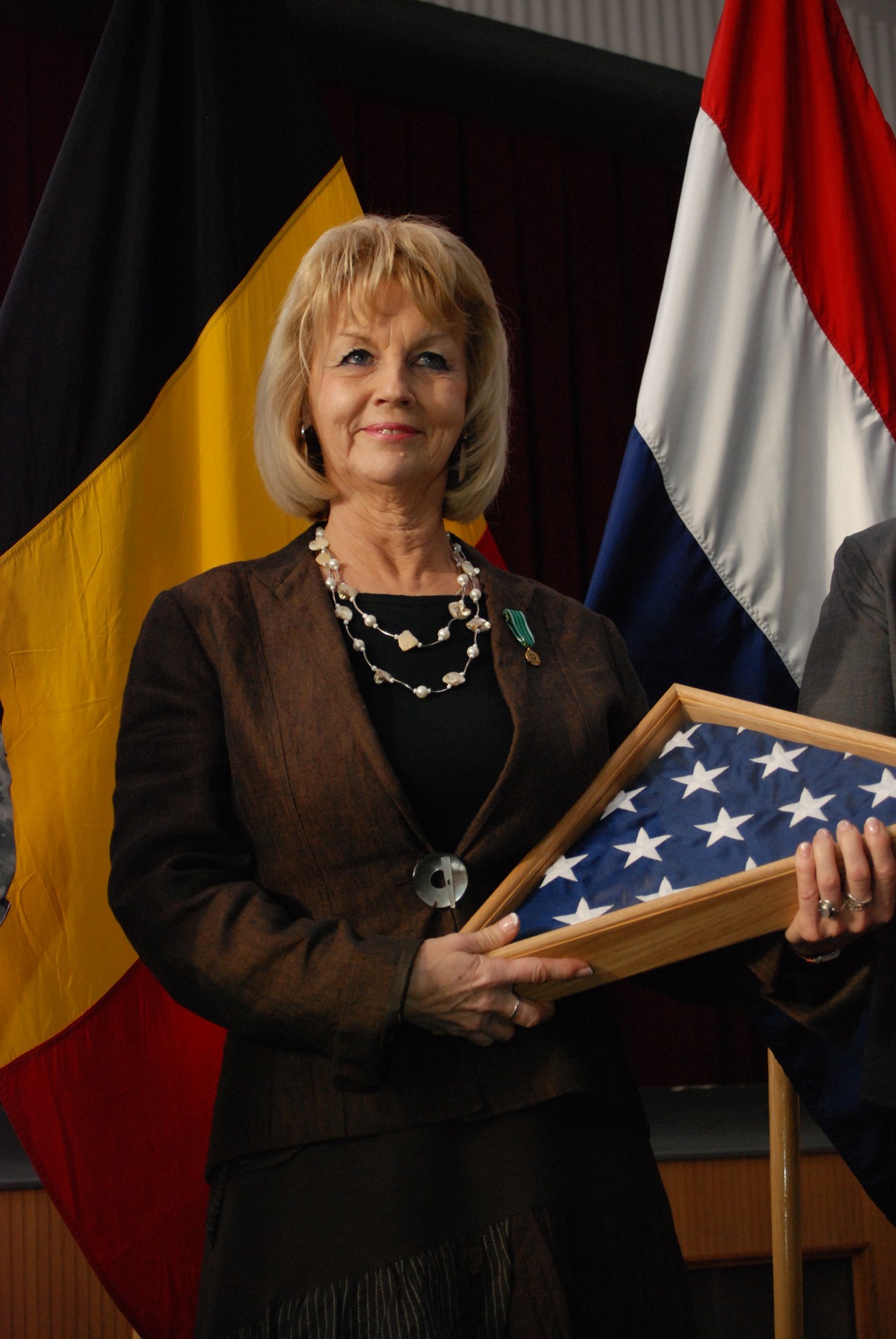
Social Sharing